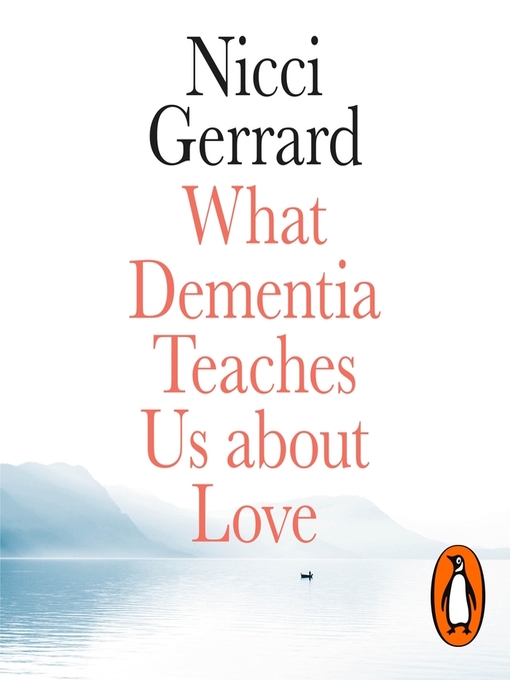Penguin presents the audiobook edition of What Dementia Teaches Us About Love written and read by Nicci Gerrard.
Dementia is an unmaking, a de-creation - an apocalypse of meaning. Since my father's slow-motion dying, and his actual death in November 2014, I have been much preoccupied with dementia: by those who have it, by those who look after them, by the hospital wards whose beds are occupied by those in advanced stages of this self-loss, by the way society denies it, by the science of it, the art and literature about it, the philosophy, by what it means to be human, to have an identity. What is it to be oneself, and what is it to lose one's self. Who are we when we are not ourselves, and where do we go?
This is a book about dementia - not a personal account, but an exploration, structured around this radically-slowed death. Full of people's stories, both sad and optimistic, it is a journey into the dusk and then the darkness - and then out on to the other side, where, once someone is dead, a life can be seen whole again.
- New eBook additions
- Top Titles Available Now
- Try something different
- New kids additions
- New teen additions
- Health & Wellbeing
- Real Men Feel
- Reading Well Books on Prescription for long term conditions
- Reading Well Books on Prescription for mental health
- Reading Well Books on Prescription for dementia
- I'm Worth A Million in Prizes
- Who Do You Think You Are?
- anyone, anywhere, any time
- See all ebooks collections
- Available now
- New audiobook additions
- New kids additions
- New teen additions
- Top Titles Available Now
- Try something different
- Classic Listening
- Mr. Bond. I've been expecting you...
- Where to start with Virginia Woolf
- Language Learning
- See all audiobooks collections
